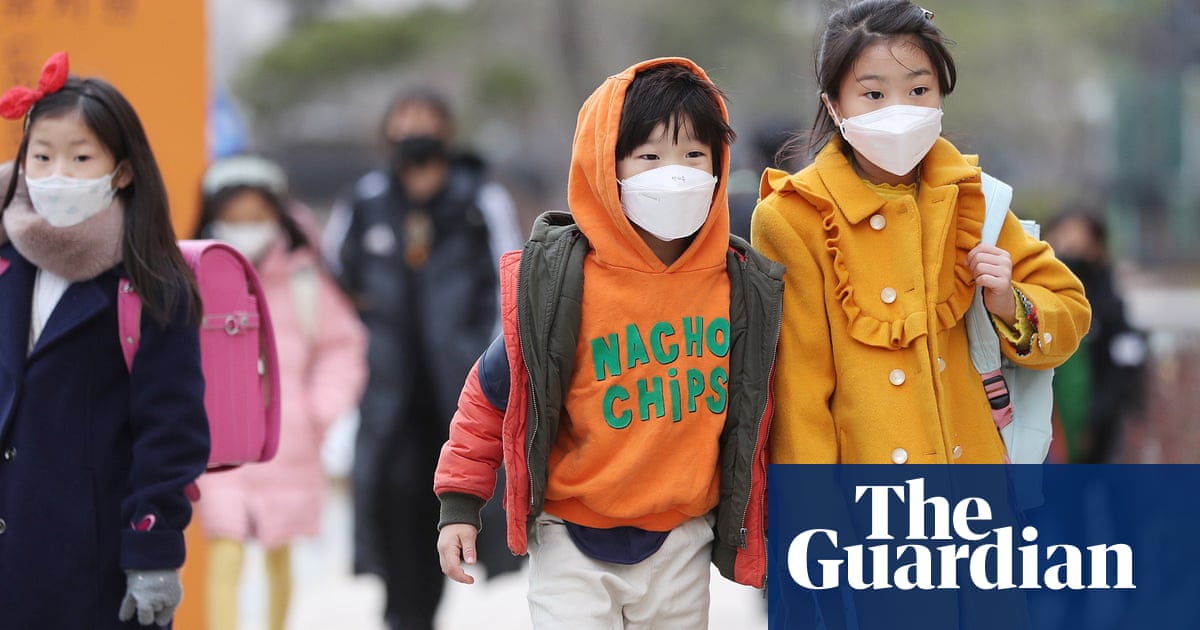Chinese citizens are running out of food, other essentials as govt imposes harsh Covid curbs
China’s heavy-handed and draconian approach to handling COVID-19 lockdowns has left
millions of its residents struggling to meet even basic daily needs. Two years into the
pandemic, the Chinese government is failing to provide its people with essential supplies
even as it imposes on them stringent curbs bordering on human rights abuse.
Case in point: the city of Xi’an, which has been under a harrowing lockdown since
December 23 last year. Complaints about terrible food shortages and critical patients
facing severe distress in face of supply and administrative issues have been pouring in
from this city of nearly 13 million residents.
Many have complained online that they were surviving on a bowl of porridge a day and
were on the brink of starvation. Even while admitting that there were problems in providing
essential supplies to the locals, officials initially refused to budge from the position that
“the total supply of daily necessities in Xi’an is sufficient”.
People then took to social media, claiming that they were not being allowed to leave their
housing compounds while they ran out of food. “How do we live? What do we eat? Days
ago, we could go out once to buy groceries but that’s been cancelled. All online grocery
apps are either sold out or not delivering,” a user wrote on the Weibo platform.
In 2020 as well, Wuhan, another Chinese city considered the epicentre of the pandemic,
was also put under a similar lockdown. Nearly 11 million people were restricted and
confined to their houses for many traumatic months. The 13 million-person lockdown in
Xi’an is now China’s largest since Wuhan.
Just like Wuhan, the city of Xi’an is now also facing the brunt of China’s top-down political
system and the “whatever it costs” approach to achieve its zero-Covid policy goal. The
strict strategy comprises tight border restrictions and targeted lockdowns and has been
followed since late 2019, when the virus was first detected in Wuhan.
Where even a single case can attract harsh punishment, Xi’an has recorded nearly 2,000
cases. Access to medical supplies and services, too, has been hit hard. A woman
miscarried while waiting for her covid test result for more than two hours outside a local
hospital. Huge public outrage on social media followed the unfortunate incident, after
which authorities had to issue an apology.
Liu Shunzhi, director of the city’s health commission, also apologised for “unsmooth
access to medical treatment” for people with special needs. In fact, with the public fury
gaining momentum, the Chinese Communist Party suspended or removed several
hospital managers and issued disciplinary warnings to the city’s key public health officials.
Many, however, termed these decisions as damage control measures, maintaining that
as far as policy-making goes, the Chinese top-brass demands absolute loyalty, strangles
dissent and pays little to no attention to the rights of individuals.
“No one cares what you die of — other than Covid-19,” a user wrote on Chinese social
media. Describing the phenomenon as “toxic politics”, Yanzhong Huang, a senior fellow
for global health at the Council on Foreign Relations, said, “Over the past decades, public
policy process, in terms of agenda setting, policy formulation and implementation, in
China has continued to be top-down, non-participatory, impromptu and mobilizational.”
“When the capacity is low, government officials are more likely to turn to heavy-handed,
indiscriminate and even excessive measures that significantly raise the cost of
implementing this (zero-Covid) strategy,” he added.
Talking about the Chinese government’s heavy-handed approach, recently in southern
China, four people were paraded through the streets and shamed publicly in front of a
large crowd for violating COVID protocols. The policemen surrounding these people were
not only in riot gear but some carried guns.
Human rights activists had been campaigning against such public shaming of people for
decades. The barbaric practice was finally banned in China in 2010. However, the
disciplinary measure is again coming in to vogue as the government enforces its zero covid policy.
Meanwhile, on January 8 this year, Xi’an residents were in for another unpleasant
surprise. It turned out that Hema fresh food delivery apps stopped offering online
purchases “in accordance with the government’s pandemic control demands”.
Owned by the Alibaba group, Hema Xiansheng was one of the few grocery stores that
were delivering food in many districts of Xi’an. Authorities claimed that violation of
sanitation rules was reported from several branches of the supermarket chain. But the
netizens erupted in anger. “It’s shameless. During the outbreak in Xi’an, the only company
that provided us with food is again being investigated,” a Weibo user wrote.
Taking advantage of the situation, the remaining outlets increased their prices manifold.
Yingxiong zhi Cai, a grocery provider, was reported selling crates of vegetables for over
$50. Finally, many of the Xi’an residents resorted to bartering food items with neighbours
to meet their daily needs. Many communities and small businesses also came to the fore
to help people.
For instance, a citizen who runs a Korean market in the city has been working around the
clock to deliver food items to those in need, even though he doesn’t have a dedicated
delivery app. “It is incredibly frustrating and crazy…Can’t go to work. Can’t go out. Can’t
leave the country. They are implementing policies without consideration for human rights,”
he said.
But it’s no wonder that food distribution programs in Xi’an have been haphazard and
disjointed. After all, healthy policy debates and flexibility in implementation have no room
in China. It’s ensured that local governments always toe the line of the central party
leadership and President Xi Jinping’s word is the final one.
Even as some officials admit to difficulties in “logistics and distribution”, voices of criticism
against harsh lockdown measures are often hushed, with people told to “think about the
bigger picture”. Basically, in the run-up to the Winter Olympics, to be held in Beijing and
Hebei in February, the government has its eye on only this goal. More cities, especially
in central China’s Henan province are now being put under harsh lockdowns.
In the Gushi province of Henan, only one symptomatic and one asymptomatic case was
reported. And yet, its nearly 1 million residents cannot leave the town. Similar curbs have
been put in place in Xuchang, where 1 million residents of the Yuzhou city are under
lockdown.
The authorities have also put the Anyang city under curfew after 58 corona cases
emerged while movement of as many as 14 million people in Tianjin has been clamped
down after 21 virus cases were reported from the city.
But as social media erupts with complaints of human rights abuse from citizens, whether
China softens its approach to help its own people remains to be seen. If history is any
evidence, this seems far from likely.












